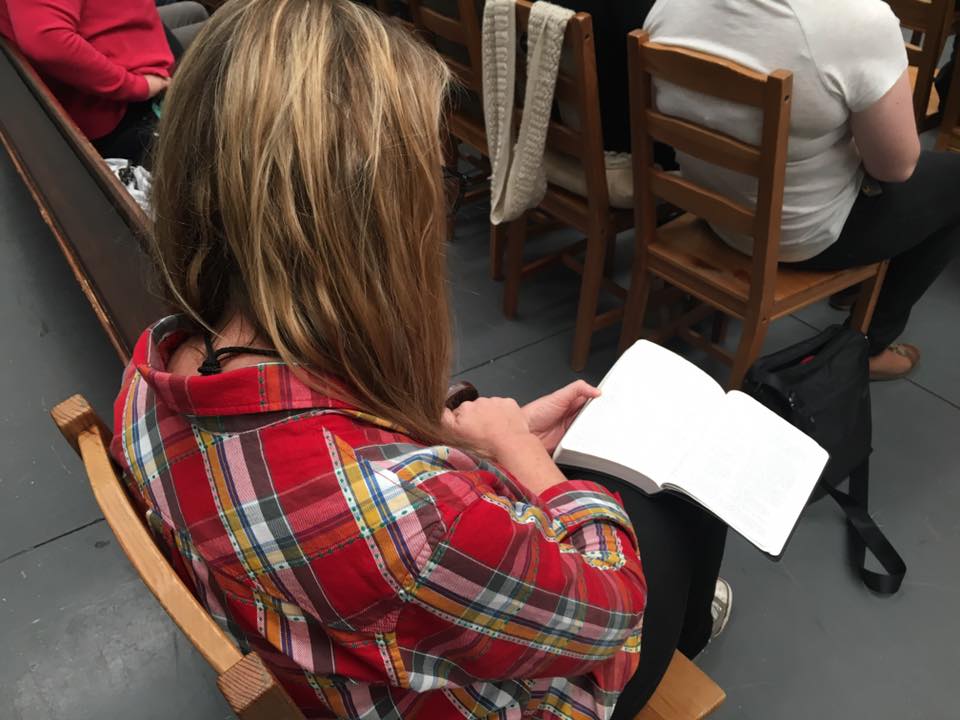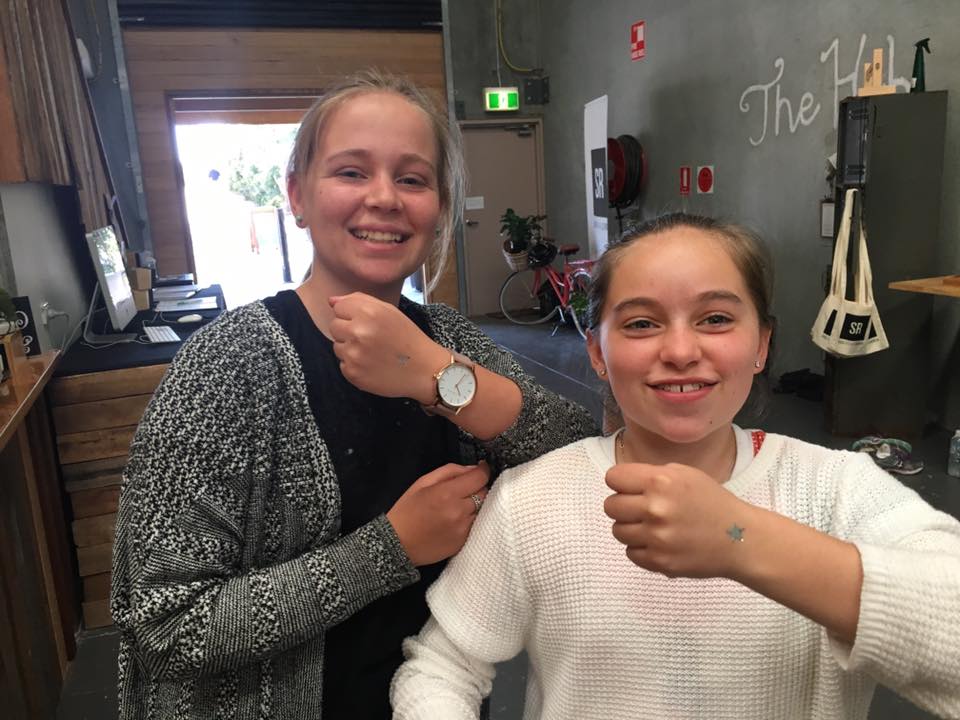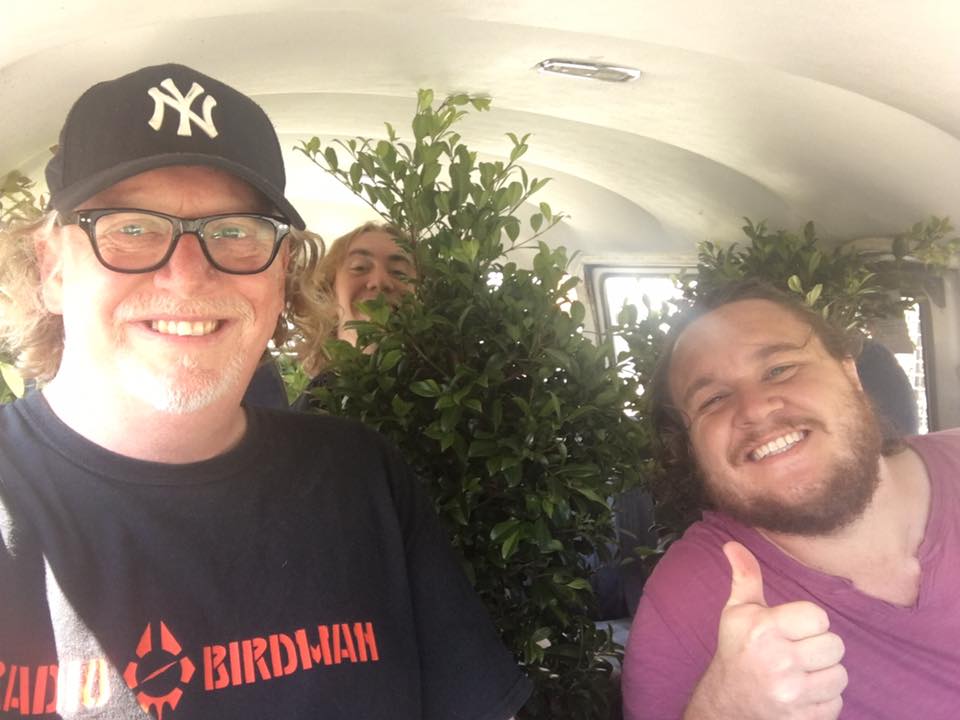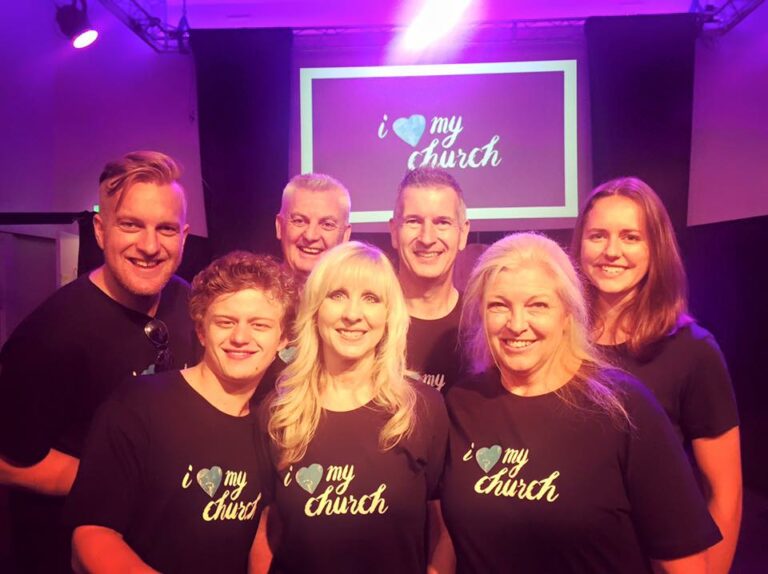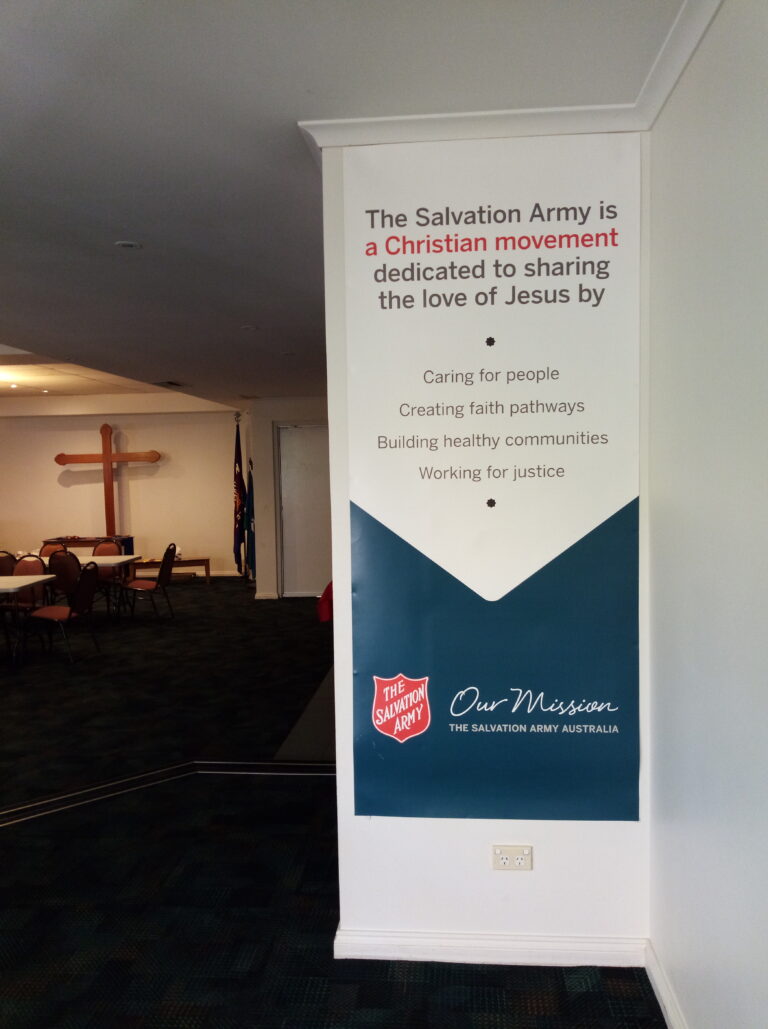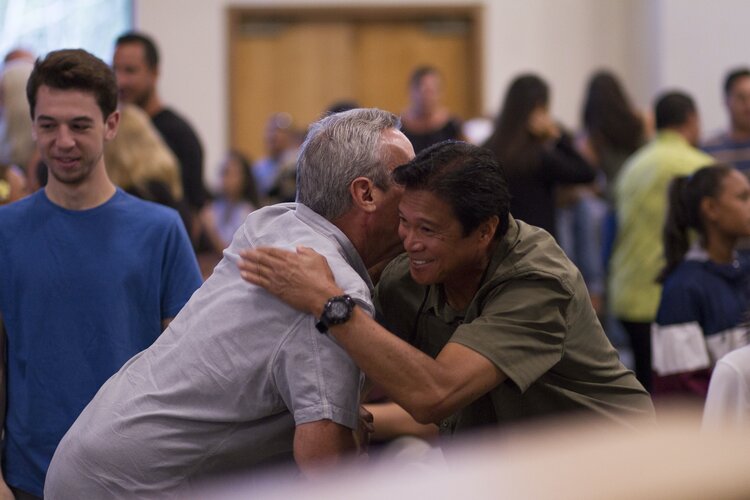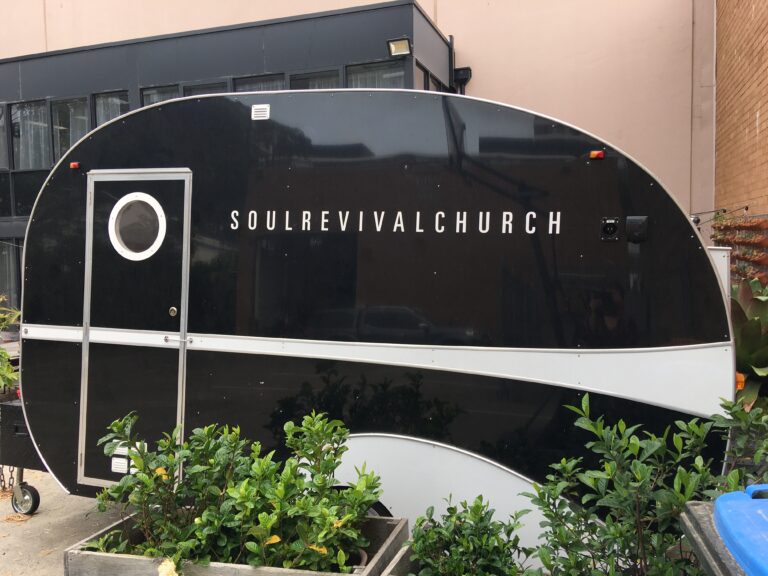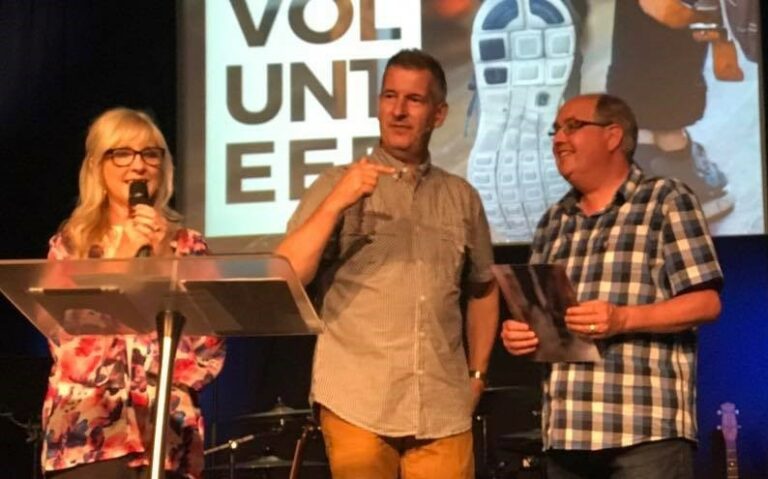Here’s an excerpt from our interview with Soul Revival, whose leader Stuart Crawshaw and his team, build their health and vitality through initiatives such as this.
Read the conversation below.
SC: In the face of cultural change, we wanted to bring the generations together to work on church together, and have a conversation about faith and culture together. And so, we started a thing called The Commitments within the group for the committed Christians that wanted to be a part of it. And that gave the young people an opportunity to use their spiritual gifts and help to lead the group without the responsibility of leadership.
And so, giving them that authority within the group actually encouraged a lot of flexibility and creativity within the ministry.
NCLS: So, what does that look like to give a young person authority and what have you seen?
SC: The way we run youth ministry was that the youth leaders were still youth leaders, and they had the authority of leadership, but there’s a… Mark Senter III says that churches don’t start listening to young people until they turn 40. And so our sense was what if we start listening to them earlier and giving them spaces for authority and leadership amongst themselves when they’re younger? Still under the leadership of the leaders. So, the leaders were still leading, but they’re also, they’re friends.
And the young people were still young people, but they also had an opportunity for ministry. To this day we have a thing called the LITE Leader programme, which gives young people an opportunity to be LITE leaders, not full responsibility, but to contribute to leadership.
NCLS: Can you reflect with me more on leadership development? As a key leader, what does leadership look like? How do you encourage others to participate in leadership?
SC: I think there needs to be direction and vision, but there also needs to be direction and vision that comes from the Bible, and I think we, our teaching and our preaching is crucial. I think that’s the core reason that we’re flourishing, even though we’re not the best preachers in the world, we are seeking to faithfully preach the gospel.
NCLS: I hear you’ve got trainee people.
SC: Yes, volunteer pastors that we’re training. The volunteer pastor programme is very exciting. Also, I think, leadership is about helping people to feel safe, I think it’s about, also, raising people up and equipping them for ministry. And I think with servant-leader, leadership is really important and collaborative leadership is really important. I think team leadership is really important, that people feel like they’re in a team of friends that we actually have relationships with each other; we’re not utilitarian too much.
Yes, I think the leadership character’s important, and I think competency for leadership is there too, but I don’t think it has to be stereotypical leadership that people sometimes talk about. I think sometimes people can be really quiet and be great leaders too.
NCLS: Just come back to your shock absorber idea and the young people having authority, how does that work? These are nice phases that probably lots of different models can play, what does it mean in your world where you are?
SC: So, in my world, it means having people in their 20s in the parish council, that means having people, men and women, in our parish council, men and women in the wardens’ group. It means young people being coordinators of ministry areas. We have ten ministry areas, and we have some very young 20 something people in charge of hall ministries.
NCLS: Are those coordinators identified by you or your pastoral team, or how does somebody become a coordinator?
SC: We now have a discernment process that Karen’s helped us to write for that, so that it’s an open transparent process, but then we assess people’s character, competency, and conviction through that process.
NCLS: Yes, but age is not a barrier?
SC: No. We let the young people make a decision of their own on their readiness, and we do as well, but we think getting young people involved in leadership this early is really good.
So, even our, we’d call it authority, but I’d say that being a… You know how the primary schools have buddy systems? We have the buddy system in our primary school ministry, and then we have a LITE leader programme in our youth leadership preparation time. So that the youth leaders can learn how to do that as well.
NCLS: All right. So, they get told that right from the beginning, the buddy system communicates to children that you’re welcome and the LITE leader program encourages young people to contribute.
SC: It’s about being in ministry, not just sitting back and being ministered to.

